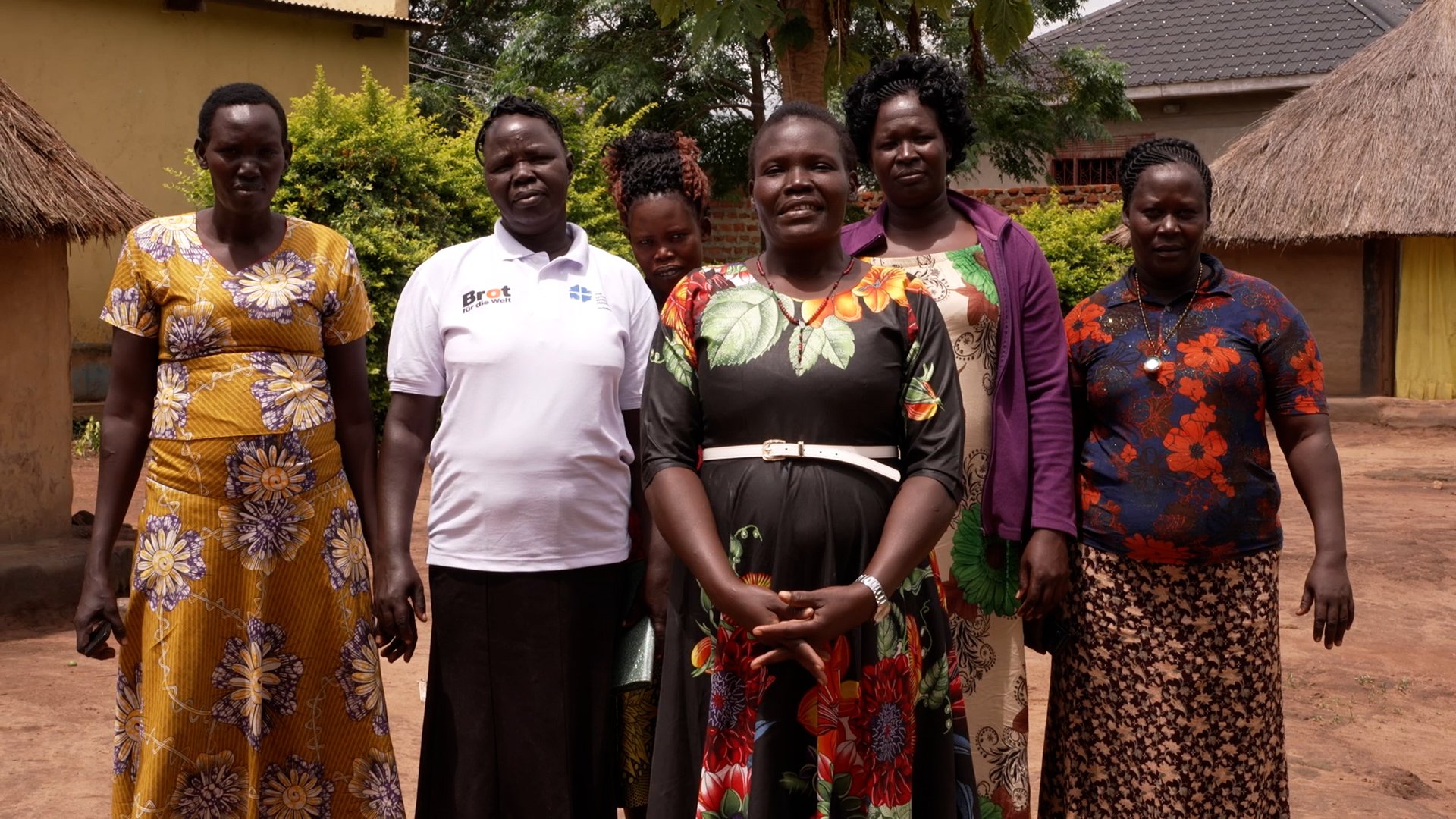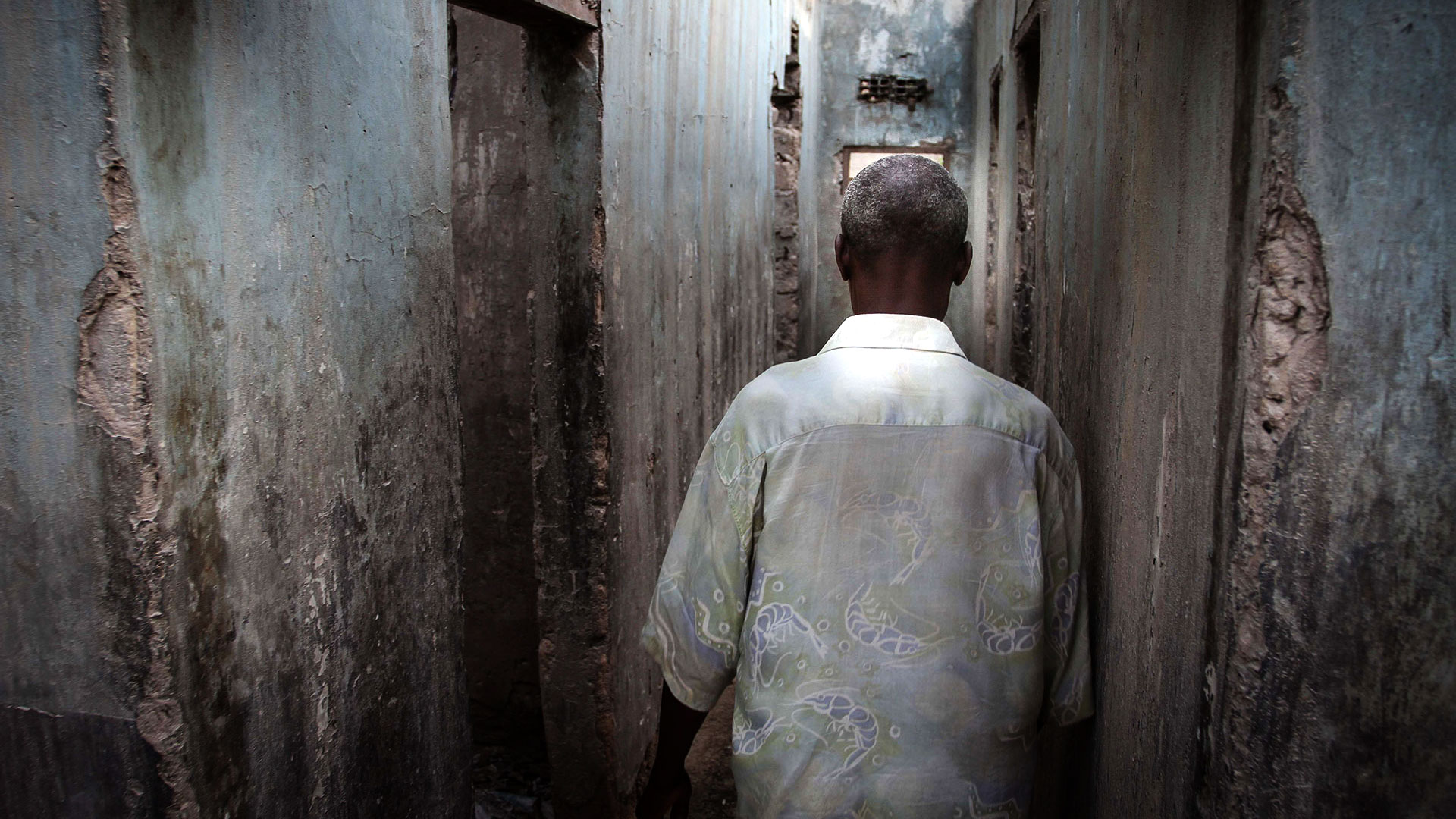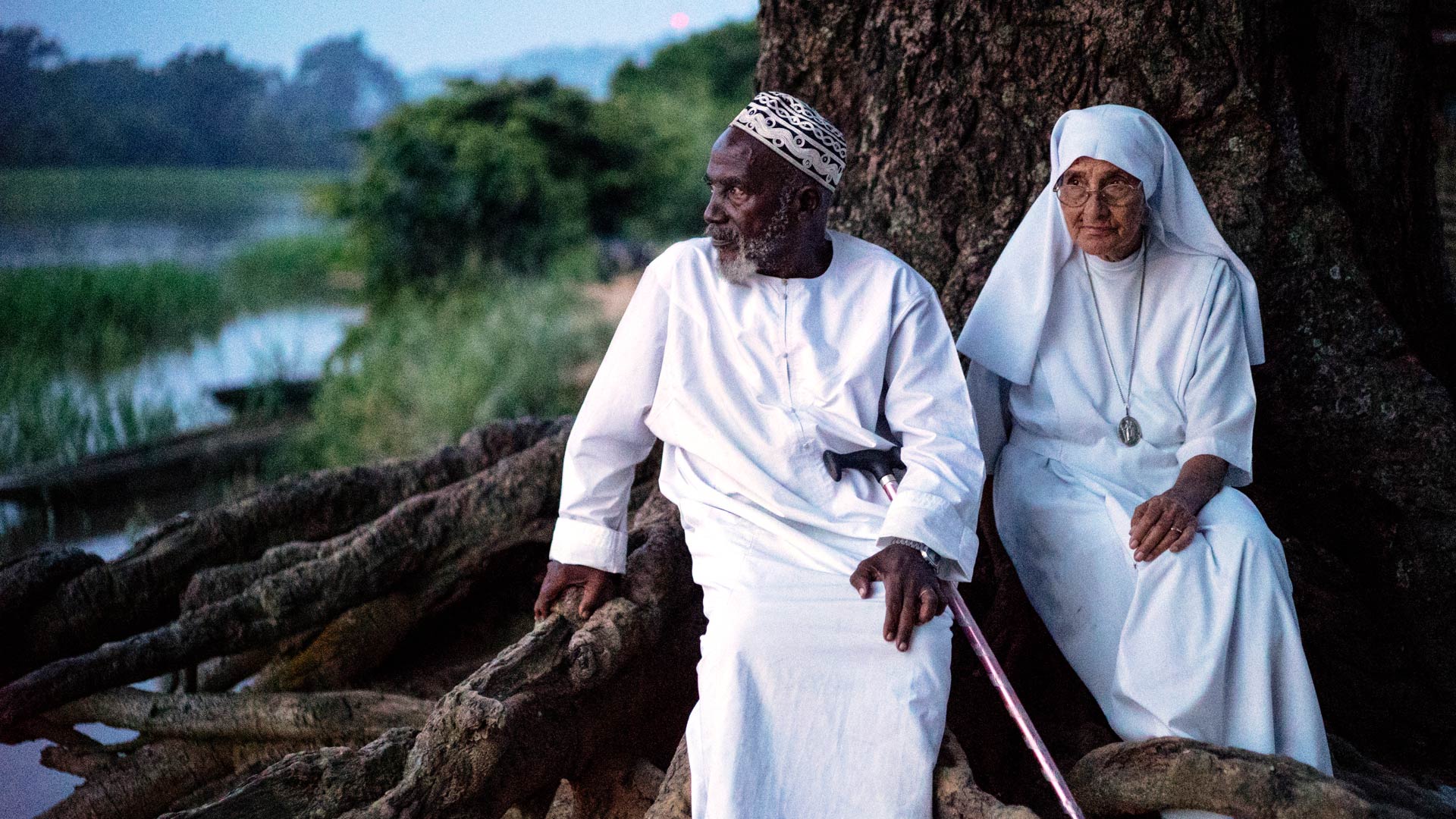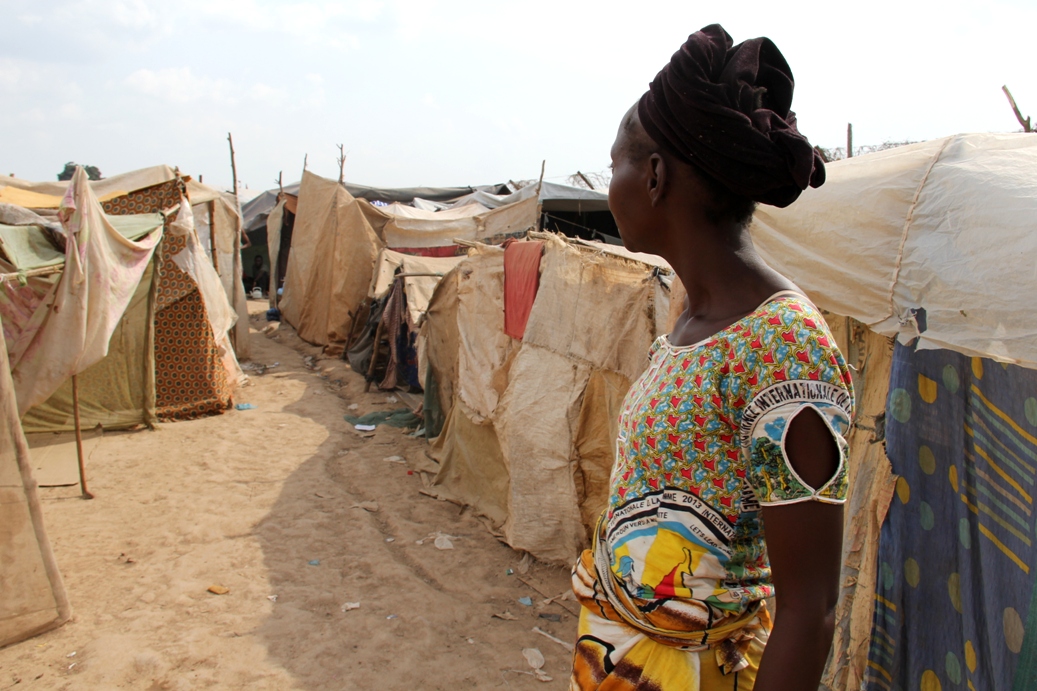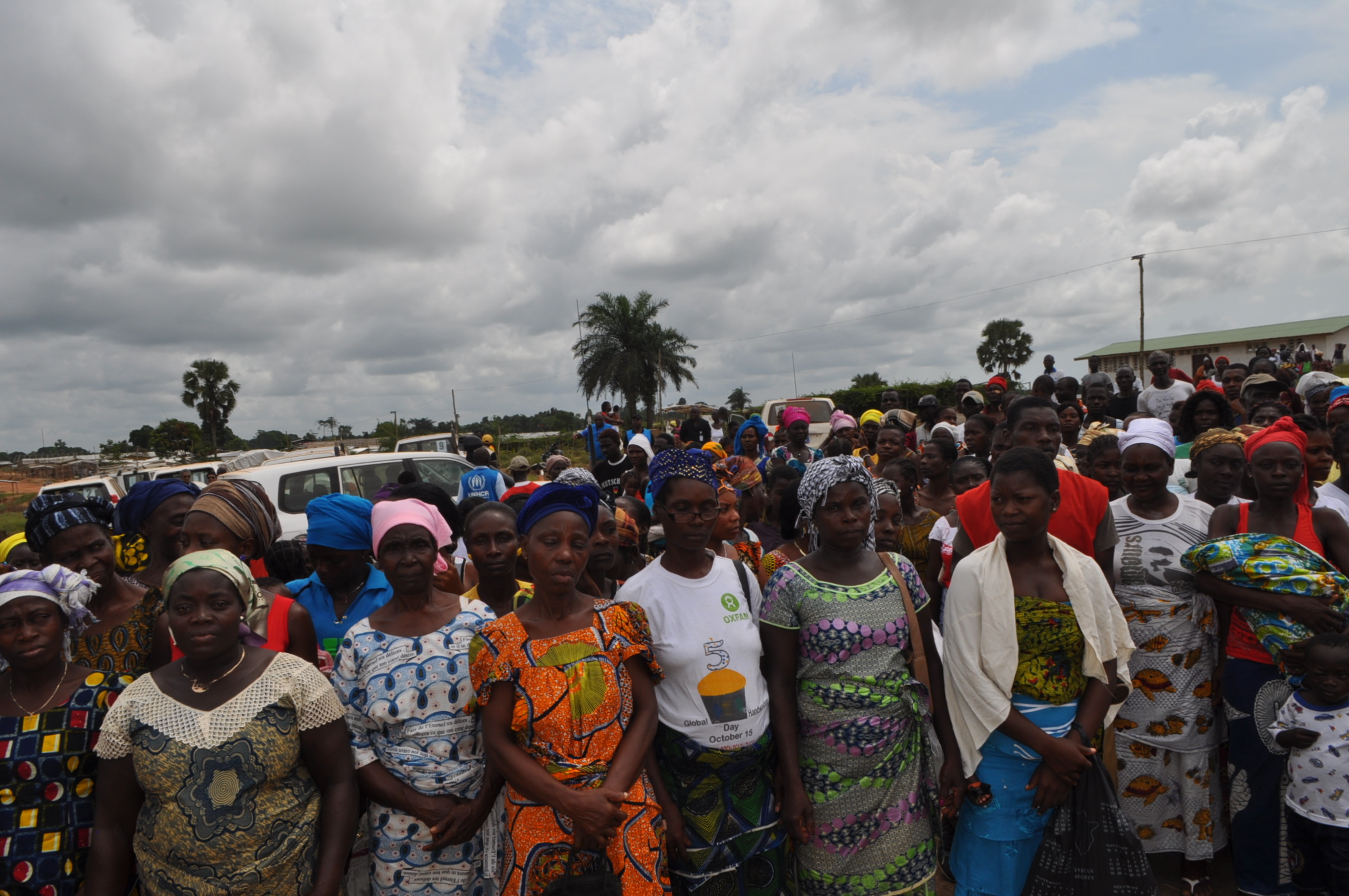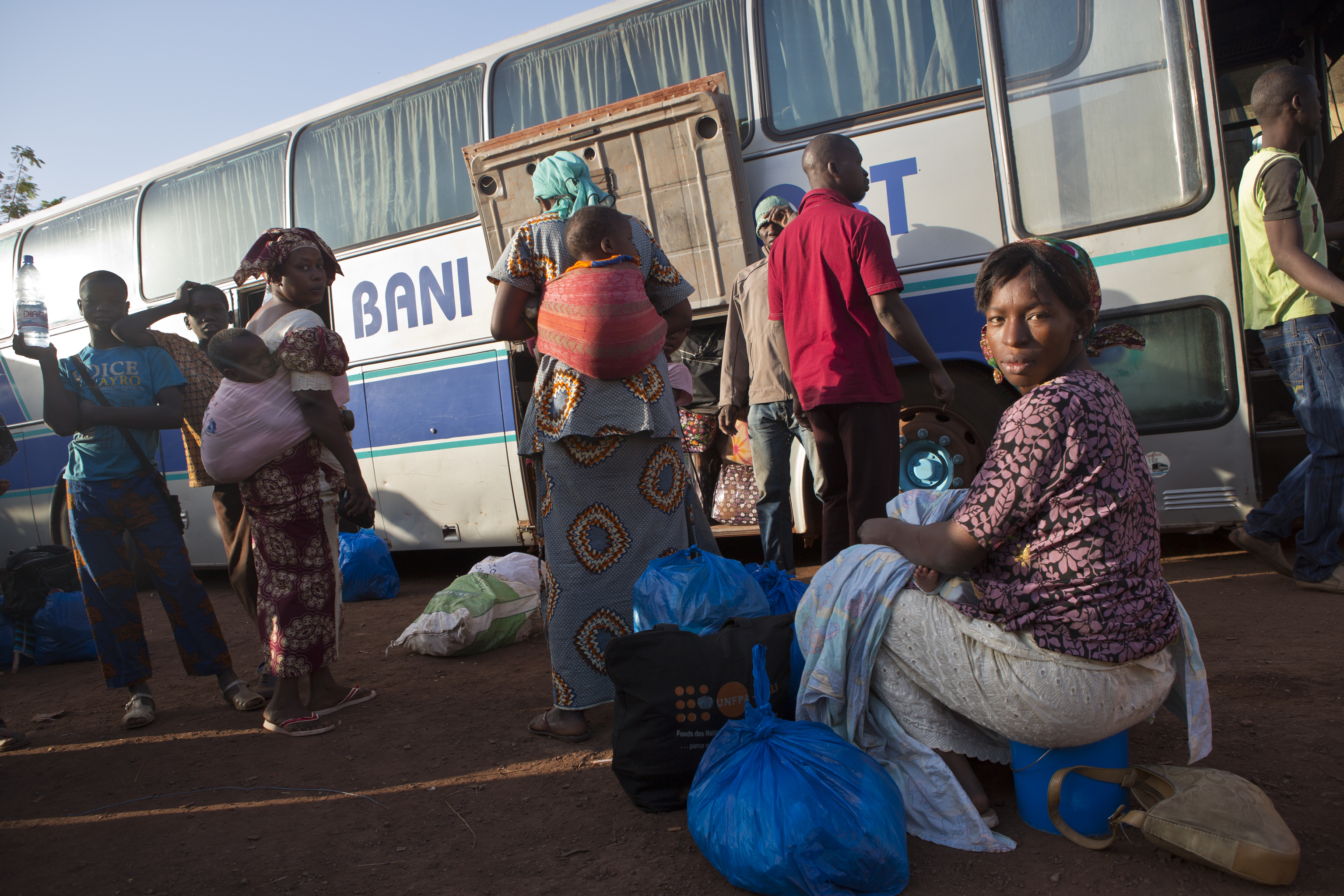UNHCR backs an International Criminal Court, says there can be no peace and reconciliation without justice
UNHCR backs an International Criminal Court, says there can be no peace and reconciliation without justice
The United Nations High Commissioner for Refugees today said the establishment of an International Criminal Court with broad jurisdiction would deter crimes against humanity and help prevent refugee flows.
"It is a fundamental moral imperative that justice be served," said UNHCR Assistant High Commissioner Søren Jessen-Petersen, the refugee organization's senior policy official.
He made the remarks in Rome during a meeting of the Diplomatic Conference of Plenipotentiaries on the Establishment of an International Criminal Court - an international gathering of officials who are working on the establishment of the Court.
"Tragically, as we meet here, the horrific memories of Cambodia, former Yugoslavia and Rwanda are being relived by the victims of rebel atrocities in Sierra Leone," he told the meeting.
The UNHCR official said that in a world in which civil war is more prevalent than war between states, the Court's statute must cover criminal acts committed during internal conflicts.
"The international community must send the signal, "said Jessen-Petersen, "that crimes committed in the context of civil war are every bit as heinous as those committed in international conflicts."
Criminal justice, said Jessen-Petersen, has a key role to play in achieving reconciliation and peace-building - the cornerstone of UNHCR's work in countries to which refugees return after conflicts. "For many victims, justice remains the most important prerequisite of forgiving and learning to live side by side again," he said.
Jessen-Petersen said in recent years UNHCR staff has been the unfortunate witness to numerous situations where civilians became victims of war crimes and crimes against humanity.
He said UNHCR would urge the Court to include in its jurisdiction armed attacks against civilians, denial of humanitarian assistance, forceful displacement and planting of anti-personnel mines as well as attacks on humanitarian workers.
Full text of The Assistant High Commissioner's Statement

